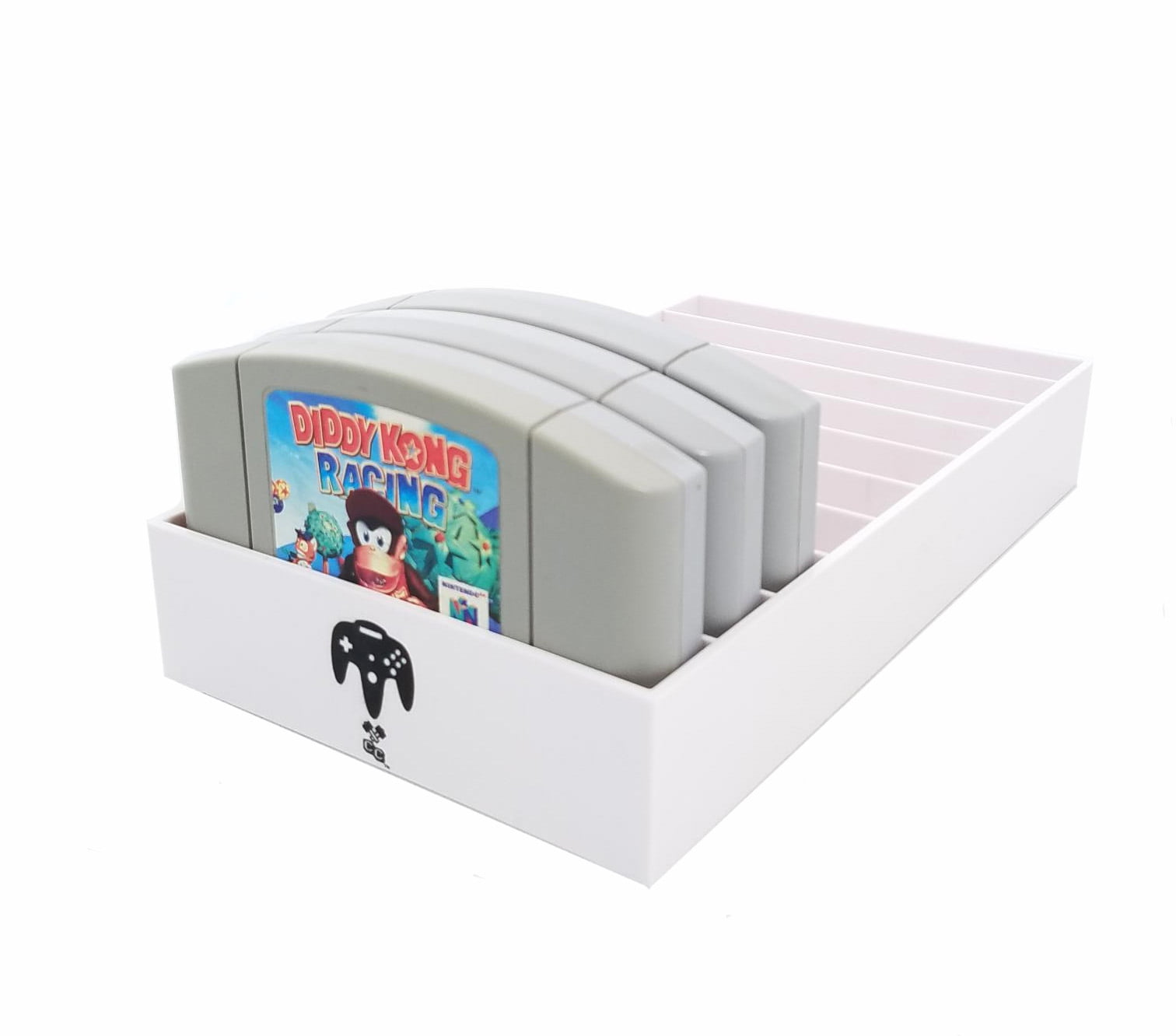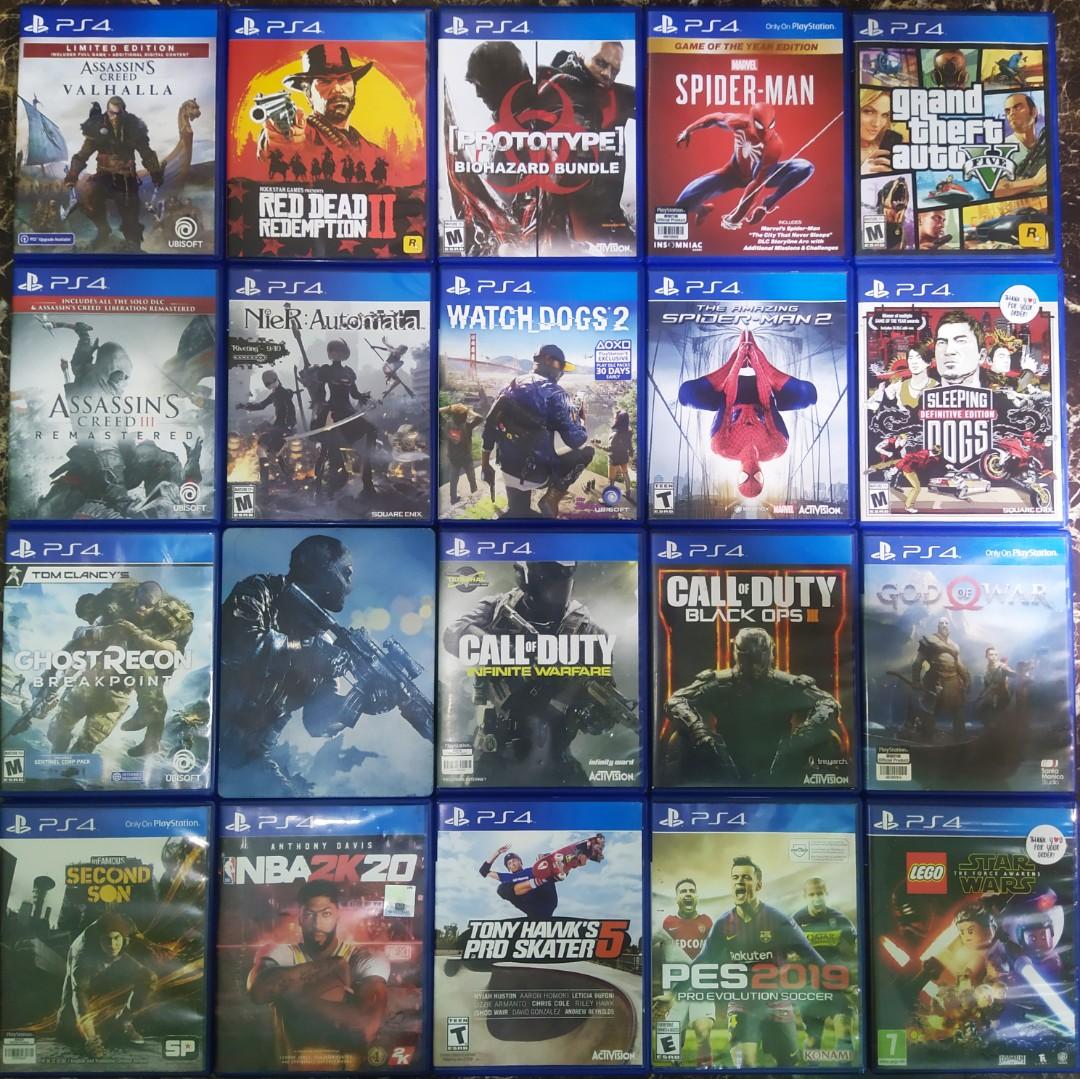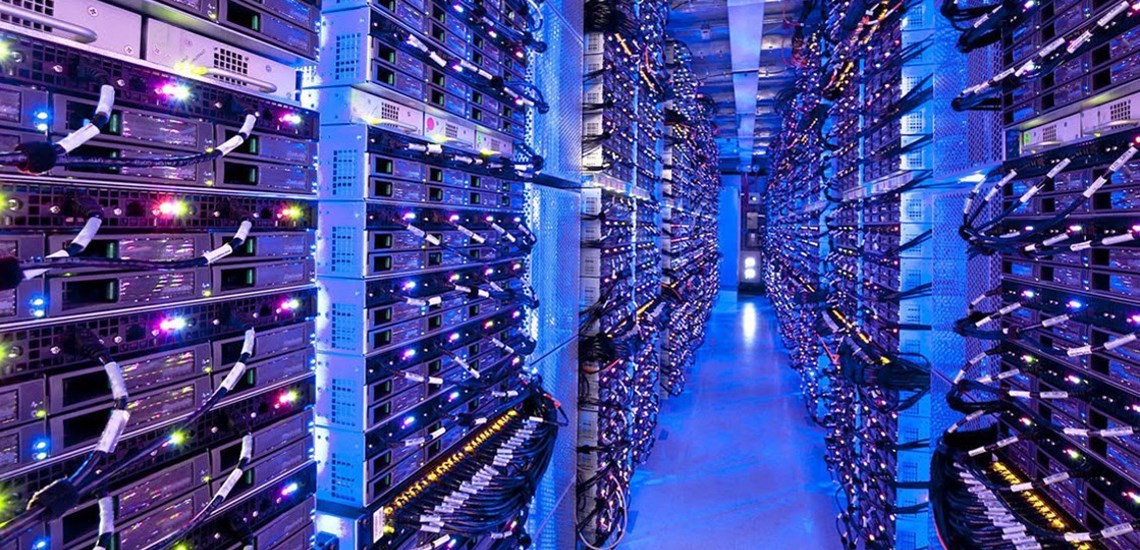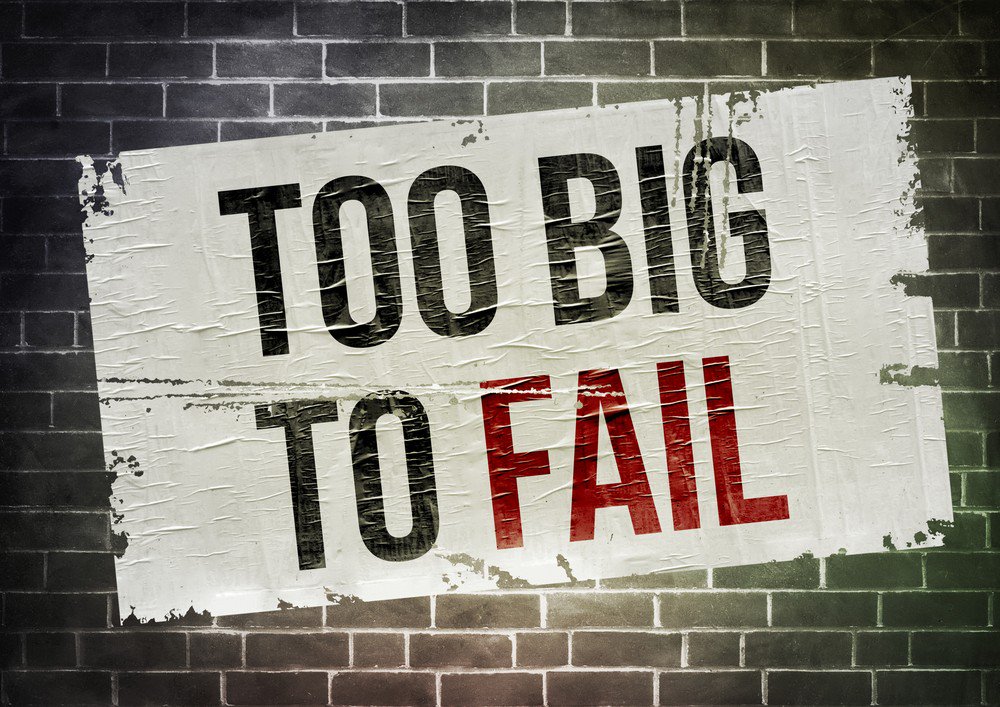thicc_girls_are_teh_best
Member

So let me preface this by saying I'm ONLY looking at it from the aspect of 1P software output; this isn't me making some commentary on PS5 falling off in sales, or losing marketshare, or losing (too much) software support (I do feel Japanese devs in particular will be prioritizing Nintendo even more this gen if they haven't already), etc.
However, I think in light of some of the recent news and just a general trend Sony has been going with their 1P in a while, it's sensible to see a few parallels in their "less is more" strategy for a smaller array of bigger-budget AAA blockbusters, to what we saw from Nintendo during the N64 era, where Nintendo's messaging focused on having a smaller gamut of higher-quality titles compared to its competition, the PlayStation and Saturn. Now, arguably, Nintendo had the most industry-defining games of that generation, the majority being 1P offerings, but there were a...a few problems.
For one, software droughts were horrible with the N64. Secondly, while their 1P (and 2P, through Rare) output was generally excellent, the 3P support was very hit-and-miss, with many treating it as a lower priority compared to the PS1, quite a few notable devs skipping the N64 altogether. The cost of N64 games compared to their PS1 and Saturn counterparts was also an issue, in general being $10 more but in some cases upwards $20 or even $30 more expensive! This plus the costs of creating cartridges vs. CDs arguably led to many 3P devs and pubs going for "safer" output on the N64; some of the more super-experimental PS1 and Saturn titles have no N64 equivalents. Lastly, the size of carts led to a gutting of certain features that were becoming commonplace in that generation, such as FMV sequences and CD-quality music. It's almost a miracle how devs like Angel Studios were able to get games like RE2 to work on the N64...and without the Expansion Pak, at that.
So, where are these parallels in relation to Sony today? Well, mainly in two key areas: given their larger focus on a smaller range of bigger-budget titles, this can create a situation where Sony 1P titles are released less frequently, creating longer droughts for 1P Sony content. It will also invariably mean less "genuine" creative risks; with increased budgets, companies tend to play certain creative things safer so as not to risk alienating a large segment of the potential customer base. What might be reduced in terms of creative risks, though, usually means an increase in bombastic theatrics. Marvel Studios is particularly impressive in this regard.
We can also see from Sony's messaging with taglines like "Play Has No Limits", combined with the closure of teams like Japan Studio and an exodus of talent (particularly Japan Studio alumni) plus apparent increase in questionable censorship of various Japanese software, that Sony seems less interested in associating quirkier, risque content with their brand. In that respect, I think people like Jeff Grubb make a good point, and for me it vaguely reminds of Nintendo's approach with N64 (or in a potentially more extreme example, Sega of America's stance with niche Japanese games during the Bernie Stolar era with Saturn): potentially needlessly shunting association with certain types of games for reasons that can be considered illegitimate.
Now the question is...how potent is this correlation between Nintendo then, and Sony now? In what ways could this actually help Sony? And in what ways could it potentially hurt them? Well, that's what I'm going to discuss.

[WHY THIS APPROACH COULD BENEFIT SONY]

*SSD: It could genuinely be a differentiating factor; faster raw bandwidth and much faster compressed peak bandwidth could allow for asset streaming not possible on other platforms like the Series systems. While I don't think this'll really lead to types of games impossible on other platforms, I do think it could lead to some benefits like slightly higher texture and geometry detail. Think of it more like a racing game: all systems should be able to provide very fast streaming of data, but a platform like PS5 could do it with some higher detail here and there...potentially.

*TRANS-MEDIA IP: Being smart in what IP to focus on for the slimmer slate of 1P software could allow Sony to hone in on alternative media with those IP game releases that can feed into each other, leveraging their own entertainment divisions (film, television, music, anime) and the such. So long as it doesn't create a situation where you need to watch Show X and Movie Y to understand the story in Game Z, this could be quite interesting.


*DIRECT VR SUPPORT IN 1P SOFTWARE & HARDWARE: This is one area where Sony is quite ahead of other platform holders; their prior experience being PSVR is directly benefiting the PSVR2, and the same can be said for the future VR software they design for that. The only real drawback here, IMO, is that their VR solution is not packaged as a default inclusion in the baseline SKU. Due to this, market fragmentation will still very much exist and this could affect priority of content specifically targeting VR.

*AMPLE 3P SUPPORT: So far, Sony still enjoys a lions-share of third-party developer and publisher support. They also still enjoy a ton of indie support, even if as a brand they have not provided them the same mindshare/association presence they did in the early years of the PS4. Yes, there are some developers, mostly Japanese, who have shifted from focusing on PlayStation as a priority towards Nintendo instead, and if Sony continues their (mostly needless) censorship of various Japanese releases they can see more developers at the very least start prioritizing both Nintendo AND Microsoft much more whereas previously these two would've been considered afterthoughts.
However, it's very hard to picture a scenario where Sony just starts losing 3P support altogether, lest they do something which fundamentally alienates actual developers and publishers. So far, that hasn't happened and there's very little chance it'll happen in the future. The only other way they can "lose" 3P support is through 3P devs and pubs being acquired by other companies who may then see fit to keep that content within their own ecosystem. Microsoft is a very good example of this with their Zenimax purchase, and they are on record as looking towards further similar acquisitions. Of course, backdoors are always provided and some exceptions alongside this to still keep some of this content on a Sony platform or ecosystem, but a lot of this will depend on Sony's willingness to work with other companies in ways that might be new to them...although they've done similar before (cross-play support, for example).

[WHY THIS APPROACH COULD HURT SONY]

*CLOUD: While the SSD could indeed be beneficial to a paradigm shift, in my honest opinion, this potential pales in comparison to what the cloud could provide for gaming going forward. Yes, it was the butt of jokes several years ago, but now we are seeing real, tangible benefits of the cloud and it's only the beginning. From AI to asset streaming over the network to implementing real-world weather and traffic system data into local gaming experiences, if there's a genuine paradigm shift in game design, the cloud will play a much bigger role in that than an SSD, although both will serve their purposes.
It's no secret that in terms of cloud infrastructure, companies like Nintendo and Sony pale in comparison to what Microsoft brings to the table with their Azure server networks and the supporting technologies. So if there's any platform holder in the best position to leverage the cloud in truly paradigm-defining ways, it would be Microsoft. A company like Sony could always continue to invest in their own servers, either by just building on top of what they already have, taking advantage of that agreement with Microsoft or renting from another company like Google. However, most of these other options don't see them having full control of the vertical stack, which will always leave them at a disadvantage. Their streaming technology also lags behind these other companies, not to mention their lack of utilization of the cloud outside of gaming and some entertainment holds back cross-pollination of tech innovations and ideas from other use-cases (industrial, big data, scientific, medical, weather, traffic, military etc.) that can then be funneled back into gaming.

*TOO BIG TO FAIL: With Sony putting more money into a smaller range of 1P releases, this exponentially increases the marketing costs associated with said games, let alone increasing the production costs. But...what if that game is a dud? Putting bigger bets on fewer eggs means each egg needs to hit harder, but there's always the chance that one of them doesn't, and that could have bigger impacts to the other eggs in the batch.
Additionally, like was said before, this particular approach invariably means less creative risks, generally made up for with bigger theatrics and production values. It's a trend we see in Hollywood blockbusters every single time, and with Sony taking a similar approach with their 1P games, expect to very likely see similar there, as well. This doesn't mean games that'll be any less engaging or fun, but the parameters in what shapes and defines that engagement could (and very likely will) definitely change going forward.

*VALUE PROPOSITION: This works on two fronts. The first is in relation to the 1P content itself; higher budgets will necessitate higher prices as well as more means to get some type of additional revenues (DLC, microtransactions, etc.). This can always be done in moderation and historically speaking Sony's been better at this than other major publishers, but considering the nature of many of Sony's 1P titles, could there be an increase in players who start to question if $70 + tax + extra $$ for additional content is really worth it for a story you might only play through once? I think that will happen; to what degree is unknown but I won't be surprised if more people start to question the value proposition there, especially if the stories (and in other cases, gameplay) become more predictable in ways (due to the nature of lowering creative risks as production budgets escalate).
The other front is in relation to the content ecosystem and value-add services for the customers so, yes, I'm going to talk GamePass now. The more I think on it, the more GamePass comes off as a really good deal...EVEN if you only play a very small selection of games. See, one of the bigger sticking points I've seen (in fact
Why? For starters, if you really only play a game or two a year, then you will likely know when that game releases. To my knowledge, GamePass is a drop-in/drop-out type of subscription service; yes you can pay for months in advance but that isn't the only way you need to (also there may be some perks you lose by not keeping a consecutive monthly subscription but many subscription services have stuff like that and they're generally just small perks). So with that in mind, you can literally just wait until the month the game releases and subscribe at that time, play the game for a few months (let's say 4 months, with online play, so you'd sub to GamePass Ultimate in this example), and then you're done.
Well, yes you spent $60 over the course of those 4 months, about the same you'd of spent buying it Day 1 outright, but there are actually TWO immediate advantages with the GamePass method: for starters, you're able to "break up" those payments into $15 increments, so while you've spent roughly the same amount of cash, you did so over a larger span of time, meaning at any given time you likely had more money to put towards other things. The second advantage is, with this game example being online (say through multiplayer), you have actually spent LESS through GamePass Ultimate than you would've buying it outright. Why? Because with the alternative, you still also have to pay for the online network (let's say PS+ in this case), which is either $10 a month, $25 for three months, or $60 for a full year.
So in this example, you're actually paying ($70 + $25 + $5 (tax) =) $100 for the game through a traditional method for just 3 months of online play, vs. $60 through the GamePass Ultimate method that gives you an extra month of playing that game online, through $15 increments over 4 months. This is what people mean when they say GamePass is a great value, because even for casual gamers or those who only play a small handful of titles a year, you generally spend less that way vs. the traditional method. The only quasi-grey area where this might not shake out as true is if you pick up a single game a year (let's say COD), and play it online the whole year. The traditional method would get you that for ($70 + $60 + $5 (take) =) $135 vs. $180 through the GamePass Ultimate method. However, we also have data showing even THESE type of gamers tend to play more than just one single game a year, so if they play even a 2nd game (let's say Battlefield), then the GPU method is superior.
And, it's not just superior for those reasons only. It's also superior if you play a lot of different games, obviously, and superior if you plan to buy those games (digitally, albeit), because games in the GamePass rotation can be purchased with a discount (1P games never leave the rotation, btw). If you prefer to save upfront costs while still paying the same or potentially even less over time vs. buying upfront, GamePass generally works out as the superior option in these instances, as well. And not to mention, even beyond the games you outright want to play there are other games you might venture to play since they're "free", and could end up actually genuinely enjoying. In terms of dev/pub compensation, we have seen reports now of various devs who have made back production budgets after a couple or so weeks via GamePass, and Microsoft arranges deals on a game-by-game basis for bringing titles to GamePass. Yes, this will likely scale back in the future as time goes on (especially once their 1P games are releasing regularly), but for now it seems to work and only companies the size of Microsoft can really make this work without doing tricky debt-offsets or taking out oodles of loans (i.e Netflix, Disney (well, that was to buy Fox but still), etc.).
The other big sticking point I tend to see WRT GamePass is that Microsoft will raise the prices in the future. Well, yes, that is possible. However, for the current time it is not a reality, and there ARE other options Microsoft can leverage to offset universal price increases. I've talked about some of these before, such as a VOD-type approach for certain new releases for the first month or two, where you pay a small $5 or $10 access fee for the title (or certain parts of the title) before it's then put in general GamePass circulation; that small fee would cover that month, so when you compare it to older rental models like BlockBuster, or even current ones like Disney's, it's still a significantly better value.
So...why is THIS a potential sticking point for Sony? Well, I know one of the arguments we've seen from some folks (including David Jaffe) is that Sony could or are creating their own GamePass competitor. Do they NEED to do this? Given the stuff laid out above, yeah, I think they might actually need to (I'll talk more of why in another section). The question though is can Sony 100% copy Microsoft's model? To be perfectly honest, NO, they can't. The reason why is simple: money. Sony is working with a subscription service (PS Now) with much lower rates compared to GamePass. They have much less money to play with, and that means less money for certain purchases to bring to the service. They still have a phobia about putting their own 1P games on such a service Day-and-Date. They do not own their own cloud server infrastructure to a volume that can host and stream content in large numbers...and all of this is among other limitations.
However, to go back to Jaffe, he did mention something which would work very well for a GamePass-esque alternative from Sony: if Sony themselves don't want to fund new ventures in older classic IP that might not be "blockbuster"-level, why not partner with outside developers to make those new installments and provide THOSE Day-and-Date on a GamePass-like alternative? How about Sony's own Streets of Rage IV or Sonic Mania equivalents? Why not license out for new installments of Parappa, Tomba, Jet Moto, Warhawk, Mr. Mosquito, Devil Dice, Motor Toon etc.? Why not do this for a sequel to Omega Boost? Or just create new games with other developers to put in such a service?
Now, for all we know maybe they ARE doing this (maybe this is what they're doing with Jade Raymond's new studio for example); while I wouldn't this truly competes with something like GamePass 1:1 (especially considering Microsoft also help fund some 3P dev'd titles onto the service, even if those are multiplats), it does give such a service a very appealing look to gamers who may consider subscribing in greater numbers for those types of games. They wouldn't even need a new service for this per-se: just give an option for PS Now to download titles (break it up in tiers if you must) and revamp that service to bring those aforementioned type of games to it Day-and-Date. Or, keep those games stream-only but provide downloadable versions through PS+, and figure out some subscription package that bundles PS+ and PS Now together.
I still think Sony would have to warm up to bringing the "blockbuster" 1P games to such a revamped service after some range of time (say, 3-6 months later), but it's a relatively easy answer and one that won't break the bank for them, which is most important because, again, they can't compete with Microsoft when it comes to the financial side of this equation (or the infrastructure side in terms of cloud market volume and vertical integration). But they don't need it to, either.
/cdn.vox-cdn.com/uploads/chorus_image/image/64632495/db5d174745.7.jpeg)
*IPS LESS EVERGREEN THAN NINTENDO'S: This one will probably piss some folks off, but it bears mentioning: Sony doesn't have a lot of IP with the brand power or timelessness of Nintendo's. Even with Wii U's pathetic sales, Nintendo's own 1P managed to sell very well, due to the culture and brand identity they have (those games being high-quality helped, too
This also affects trans-media usage of those works; yes, Sony have a few IP that work very well in this regard (namely Spider-Man, given they own the movie and game rights, even if he's still technically a Marvel character), and Microsoft arguably have one in Halo, but both pale in comparison to Nintendo's bounty of Mario, Zelda, Smash Bros., Kirby, Pokemon etc. Some of those, Pokemon in particular, have very dominant presence outside of the games themselves, and while Sony is trying to do more of this with IP like The Last of Us...I personally don't think it's going to be nearly as effective. Again, stuff like TLOU are very story-driven and in that game's case, also very much targeted at a mature audience. There's only so much you can do with it in terms of trans-media stuff as a result.
Ironically for Sony, it's a lot of the IP they seem to want to emphasize less (Parappa, Tomba, Sly Cooper, Jak & Daxter etc.) that have arguably better potential as trans-media properties for shows, comics, albums/concerts, theme parks etc. But hey, I guess that's just my opinion.
-------------
Now, these are my honest thoughts on the developments we've seen from Sony the past few months (or in come cases, arguably the past 2-3 years). I have my personal worries about where they may be heading, some of which (the big ones) were touched on in the second second of the above, however....do NOT take this as some "doom and gloom" clickbait; for starters we have no real idea of what Sony's picture is for 1P content for even really the next 2-3 years, and this extents to any other, smaller partnerships with other devs to bring both new mid-tier type games or experiences to their platform (or better to say, games that don't necessarily fit the Naughty Dog/Santa Monica/Insomniac brand of 1P content) and POTENTIALLY revivals of legacy IP. For example, it does seem that Sony are leveraging 3P partnerships with outside teams like Housemarque and Ember Labs to develop titles that can fill the more "unique" side of the library they would've normally done in-house previously, either as platform exclusives or timed exclusives. How long will this persist and will this grow into doing some of the things I mentioned earlier (particularly around developing content for a GamePass-esque type of solution), is another question.
That all said, I'm interested to see what you guys and gals have to say on this; sound off below and let's see what's on your mind!








